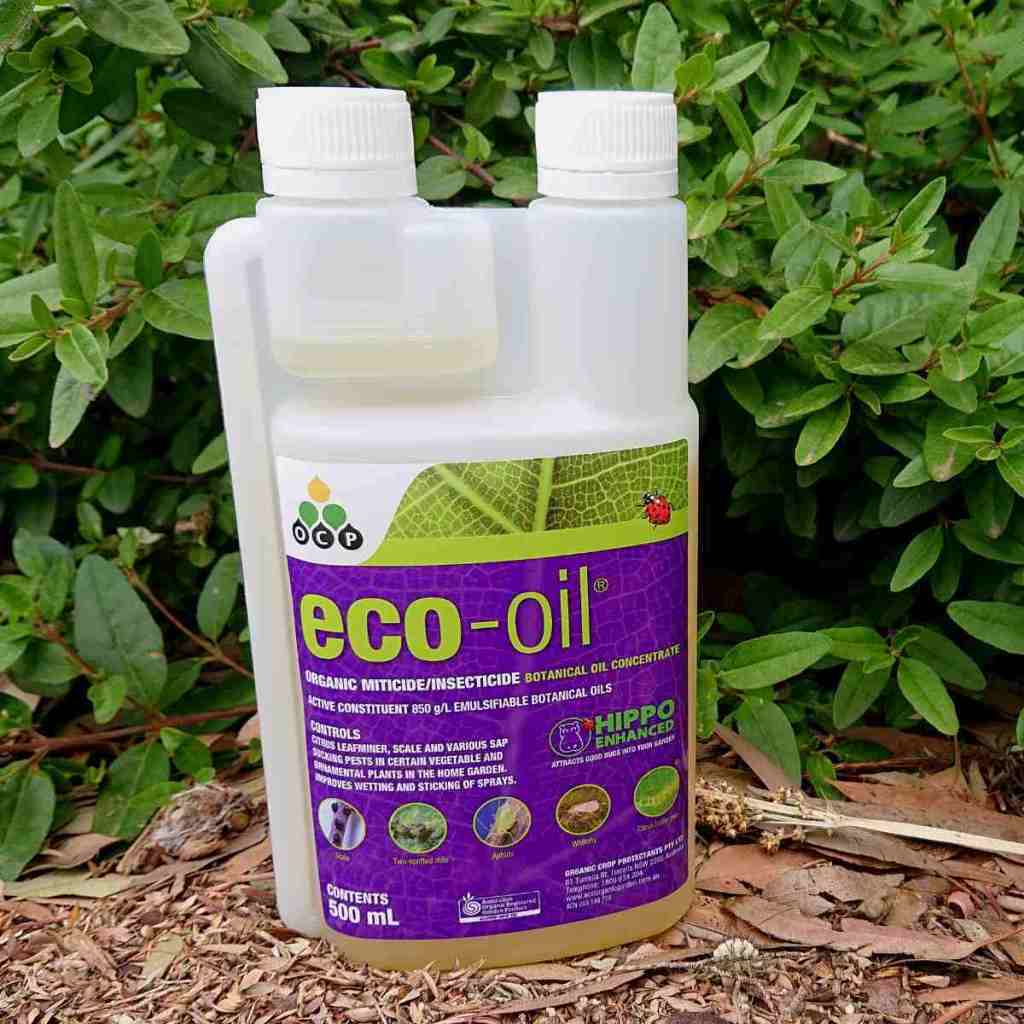Organic Insecticides: A Comprehensive Guide to Natural Pest Control
Introduction:
Maintaining a thriving garden or farm can be a rewarding experience. However, pesky insects often pose a challenge, threatening the health and productivity of our plants. While chemical insecticides may offer a quick fix, they come with their fair share of drawbacks. Fortunately, there are organic alternatives available that effectively control pests while minimizing harm to the environment and human health. In this comprehensive guide, we will explore various organic insecticides and provide tips on using them.
1. Neem Oil:
Derived from the seeds of the neem tree (Azadirachta indica), neem oil has been used for centuries as an effective natural insecticide. It contains azadirachtin, which disrupts insect feeding habits and inhibits their growth.
To prepare a neem oil spray, mix 2 tablespoons of pure neem oil with 1 gallon of water. Add a few drops of liquid soap to help emulsify the mixture. Spray this solution on affected plants every seven to fourteen days or after rainfall.
Neem oil is particularly useful against aphids, mealybugs, spider mites, whiteflies, caterpillars, and many other common garden pests. However, it’s important to note that beneficial insects like bees can also be affected by neem oil if applied indiscriminately.
2. Pyrethrin:
Pyrethrin is derived from chrysanthemum flowers (Chrysanthemum cinerariifolium) and has been used as an organic insecticide for several decades due to its low toxicity to humans and animals.
To make your own pyrethrin spray at home, steep dried chrysanthemum flowers in boiling water for about 20 minutes; strain out the solids and let it cool down before spraying it on your plants.
This natural compound acts by targeting an insect’s nervous system, leading to paralysis and death. Pyrethrin is effective against a wide range of insects, including aphids, beetles, ants, fleas, flies, mosquitoes, and moths.
3. Diatomaceous Earth:
Diatomaceous earth (DE) is composed of the fossilized remains of diatoms – microscopic algae with hard shells. It works by physically damaging the exoskeletons of insects and dehydrating them.
To use DE as an insecticide, dust it on plant leaves or sprinkle it around the base of plants to create a barrier. Ensure that you’re using food-grade DE rather than pool-grade DE to avoid any potential health risks.
This natural insecticide is highly effective against crawling insects like slugs, snails, ants, cockroaches, and earwigs. However, since it only affects insects with exoskeletons and not soft-bodied pests or flying insects like aphids or whiteflies directly; its effectiveness may vary depending on the pest species.
4. Garlic Spray:
Garlic spray acts as both an insect repellent and an insecticide due to its strong odor and sulfur compounds that repel pests from your garden.
To make garlic spray at home: combine 10 cloves of minced garlic with 1 quart of water in a container; let it sit for 24 hours before straining out the solids; add one tablespoon of liquid soap to act as an emulsifier.
Spray this mixture on affected plants every few days or after rainfall to deter various pests such as aphids, caterpillars, beetles while also deterring larger pests like rabbits or deer if sprayed around your garden perimeter.
5. Oil Sprays:
Oil sprays are versatile organic insecticides that work by suffocating pests through coating their bodies in oil film. Commonly used oils include mineral oil or horticultural oil (petroleum-based), canola oil, or vegetable oil.
To prepare an oil spray, mix 2 tablespoons of oil with one gallon of water and add a few drops of liquid soap as an emulsifier. Shake well before use and apply to plants using a sprayer.
Oil sprays are effective against various pests such as aphids, mites, scales, whiteflies, and thrips. However, it’s important to avoid spraying during hot weather or on water-stressed plants to prevent leaf burn.
Conclusion:
Organic insecticides provide an excellent alternative for controlling pests in your garden or farm without resorting to harmful chemicals. Neem oil, pyrethrin, diatomaceous earth (DE), garlic spray, and oil sprays each offer unique benefits and can be used in combination for better results.
When using any organic insecticide, ensure you follow the instructions carefully and test them on a small area before widespread application. Additionally, remember that prevention is key – maintaining healthy soil conditions and promoting biodiversity will naturally reduce pest populations. By adopting these natural pest control methods into your gardening practices, you can protect your crops while safeguarding the environment for future generations.


Leave a comment